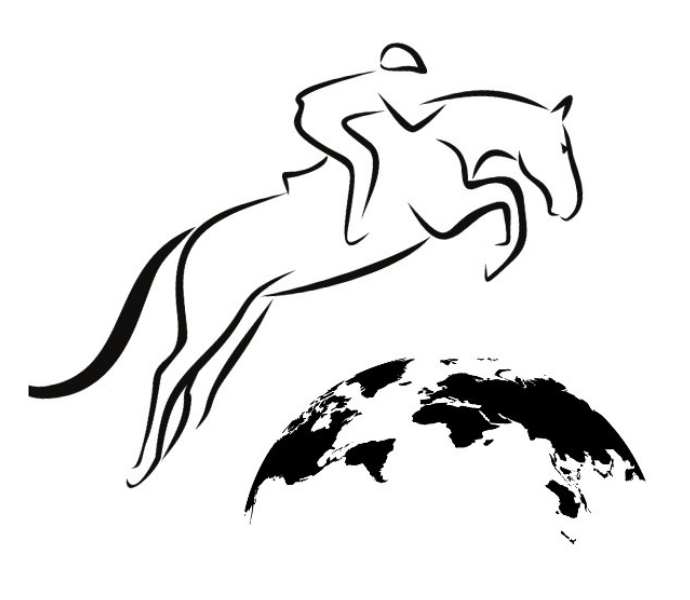
How to Care for an Elderly Horse
Advice from BHS Welfare Education Coordinator Gabrielle Madders
Thanks to improvements in veterinary care, nutrition and management, horses and ponies today live longer than ever, with many living into their 30s. However, most horses will start to show the first signs of ageing in their mid to late teens, so being aware of what signs to recognise means your horse’s management can be adapted where needed to ensure their physical and mental well-being continues to thrive.
Elderly horses will become more susceptible to certain health conditions, however with the right management, care and veterinary support your horse can go on to enjoy their golden years. If your horse is showing signs of illness or discomfort, contact your vet so they can be assessed thoroughly. Consider an annual health check to identify any developing problems early.
Cushing’s Disease
Cushing’s Disease also known as Pituitary Pars Intermedia Dysfunction (PPID) is a long-term, progressive condition caused by an imbalance in the hormones produced by the pituitary gland. The pituitary gland is important as it controls a range of functions including metabolism, reproduction, growth and lactation. Age-related degeneration can cause the pituitary gland to become overactive, leading to an imbalance in the hormones being produced. Common signs to look out for include increased thirst and urination, a long curly coat, laminitis, lethargy, recurrent infections and muscle wastage.
Dental
The shape, length and condition of your horse’s teeth will change in their older years, making them more prone to specific dental problems, some of which will not be clearly visible. It is important for older horses to have dental checks every 6-12 months by a vet or qualified equine dental technician to ensure any issues can be detected early.
Eyes
Cataracts happen when the lens within the horse’s eye begins to develop cloudy patches. Over time these patches usually become bigger causing blurry, misty vision, which can eventually lead to blindness. Cataracts are one of the most common age-related health conditions in horses.
Arthritis
Arthritis is a joint inflammation that can lead to reduced performance, pain and lameness. Horses can be affected at any age, however, it is more commonly seen in older horses due to years of wear and tear on the joints.

Management
To help your equine companion thrive through their older years it is important to assess and where necessary adapt your management so you can continue to meet both their physical and mental needs.
Fat Score your horse regularly so you can react to any changes in their weight, remember, an overweight, the aged horse is as much of a concern as an underweight, aged horse. Monitoring your horse’s weight will help you keep on track of its management and can help to detect illness or a problem early.
Diet: as the effectiveness of the teeth deteriorates, the older horse may begin to struggle grinding down certain foods such as grains, mixes or rough forages. In such cases, their diet should be carefully managed with soaked and softer feeds that are easier to chew. Soaked feeds as a fibre replacement are preferable as it means the teeth don’t have to work very hard for the horse to get the nutrients it needs.
Exercise: if your horse is under veterinary care and is coping well with their work, it is almost always better to keep them working at an appropriate level. Regularly assess how your horse is coping with their work and when the time comes to retire them from ridden work look at alternative ways to keep them moving. For example, where possible, increase turnout time and incorporate daily in-hand walks into their routine.
Quality of life
Quality of life is important for all horses of any age and should be assessed by their overall physical and mental well-being. When tracking these elements on a regular basis, can give a clear indicator of your horse’s quality of life.
It is important that elderly horses, especially those who suffer from long-term illness, are appropriately managed and continually assessed with veterinary support to ensure their welfare is not compromised. Remember any behavioural or physical changes can be subtle, but no matter how small they may appear, should be acted upon. If you feel that your horse has reached the stage where euthanasia is being considered, the BHS offers our Friends at the End scheme to offer support and impartial advice.
More information is available from bhs.org.uk/fate
Further Advice
The BHS offers a free horse care and welfare helpline on 02476 840517 or email [email protected]. More information is available at www.bhs.org.uk

If this has been helpful why not take a look at some of our other guides that can point you in the right direction when looking for the best riding hats for any discipline, maybe your looking for some of the best budget gloves to use around the yard or looking for the best heavyweight turnout to keep your horse as dry as possible, better yet why not take a look at our best coat shine sprays to make your horse look a million dollars after their roll in the field. If those aren’t click-worthy take a look at our world-class equestrian news.


